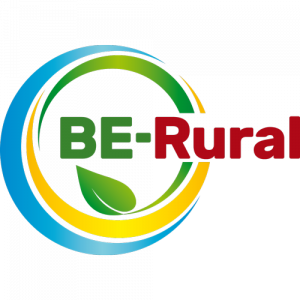Bio-based strategies and roadmaps for enhanced rural and regional development in the EU (BE-Rural)
European regions are diverse – economically, ecologically and culturally. These areas are home to a wealth of ecosystems and resources, where the bioeconomy carries the promise of opportunities for rural employment and sustainable growth. This transition towards a new, bio-based regional economy requires the active involvement of a broad spectrum of stakeholders and the sustainable use of agricultural, forest and marine ecosystems. Building on this idea, BE-Rural will explore the potential of regional and local bio-based economies and support the development of bioeconomy strategies, roadmaps and business models. To this end, the project will focus on establishing Open Innovation Platforms (OIPs) within selected regions in five countries: Bulgaria, Latvia, North Macedonia, Poland and Romania.


